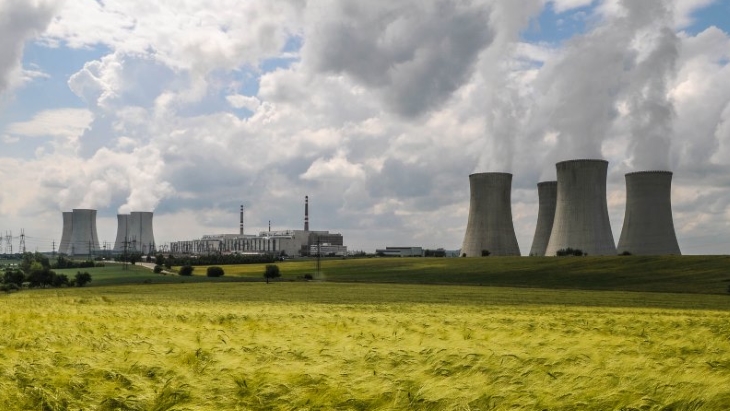
The tender for the new nuclear unit was launched in March 2022, when a security qualification of potential vendors was completed, with preliminary bids received in November from the US company Westinghouse, France's EDF and South Korea's Korea Hydro & Nuclear Power (KHNP).
ČEZ said it had agreed to extend the deadline at the request of one of the bidders. It had already extended the original deadline from 15 September to 2 October at the request of another one of the bidders, it said, adding that "during the selection process applicants sent hundreds of additional questions and visited the location itself several times".
The aim is for the new unit to start trial operation in 2036. As well as submitting the binding offer for the one block, the bidders are also expected to submit non-binding offers for three other proposed new nuclear blocks.
Once the offers are received ČEZ "will evaluate all submitted offers and submit the evaluation report to the government of the Czech Republic for final approval". A legal framework for funding the construction, known as Lex Dukovany, brought in in September 2021, will allow ČEZ as a state-owned company to purchase electricity from new nuclear plants at a fixed rate for at least 30 years, with the possibility of extension. The power will be resold on the wholesale market and any profit or loss translated into an adjustment to power bills, although the government said it will set an upper limit on any extra cost.
Westinghouse is proposing its AP1000, KHNP its APR1400 design and EDF its EPR1200, which is a smaller version of its EPR design. All three are pressurised water reactors. Across Europe the larger EPR design of about 1650 MWe is under construction in France and the UK and being commissioned in Finland, while the AP1000 and APR1400 were both recently selected for construction in Poland.
Earlier this month Czech Republic Prime Minister Petr Fiala said that he thought the new unit was "far from the only opportunity" and he believed the country would need "up to four in the future".
Four VVER-440 units are currently in operation at the Dukovany site, which began operating between 1985 and 1987. Two VVER-1000 units are in operation at Temelín, which came into operation in 2000 and 2002. Past Czech energy policy has proposed two new units at each of the two existing sites. There are also developing plans for small modular reactors in the country in an area near the existing Temelin plant. The Czech Republic gets about 34% of its electricity from its nuclear power plants.